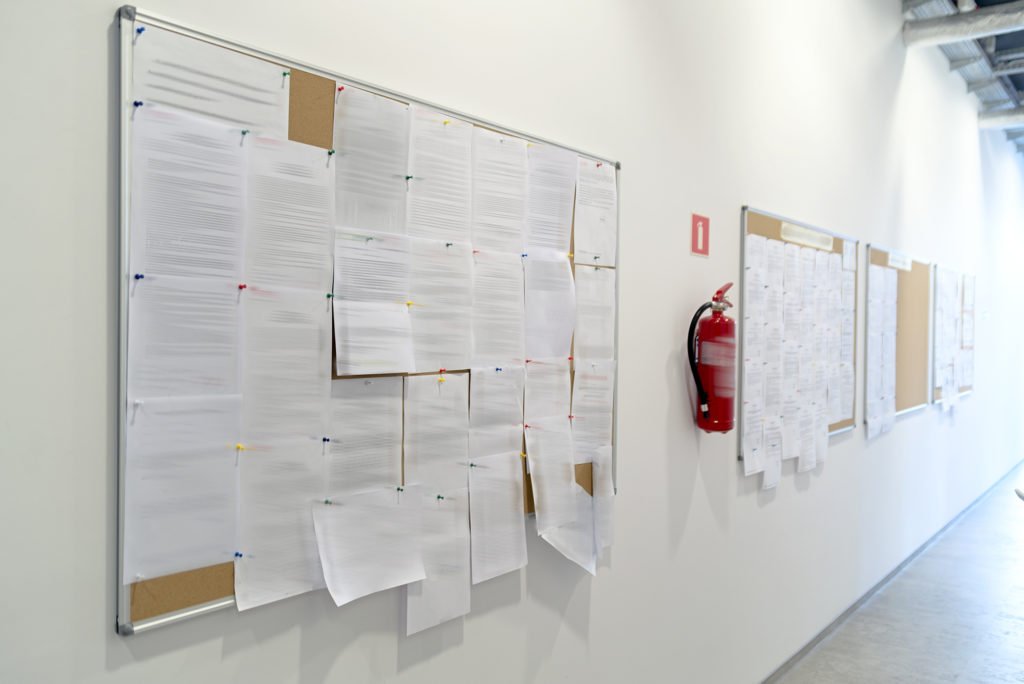Appellate Court Rejects Attorney General’s Interpretation of Section 2(e) of the Open Meetings Act [1]

Appellate Court Rejects Attorney General’s Interpretation of Section 2(e) of the Open Meetings Act [1]
Jan 12, 2016
Share to:
The Appellate Court in Board of Educ. of Springfield School Dist. No. 186 v. The Illinois Attorney General, et al., 2015 IL App (4th) 140941 (Dec. 15, 2015), rejected the Illinois Attorney General’s (“AG”) interpretation that Section 2(e) of the Act requires a public body to provide a detailed explanation about the significance or impact of a proposed final action.
The decision removes uncertainty with respect to what public notice is needed prior to a board action. It is now clear that a public body is not required to provide a detailed explanation about the significance or impact of the proposed final action before a vote. Rather, a public body is only required to advise the public about the general nature of the final action to be taken.
The Facts
In late 2012, the superintendent of Springfield School District No. 186 (the “District”) and the Board of Education reached an agreement on terms to release the superintendent from his contract. On January 1, 2013, the superintendent signed and dated a 19-page separation agreement. During the closed session of the February 4, 2013 Board meeting, six members signed, but did not date, the separation agreement.[2]
On March 1, 2013, the Board posted the agenda for its March 5 meeting which included an action item to approve the separation agreement. The agenda included a link to the District’s website where a complete copy of the separation agreement could be viewed by the public.
At the March 5 meeting, a motion to approve the separation agreement carried by roll call vote of 6:1. Thereafter, the March 5 date was added to the previously signed separation agreement.
A reporter sought review by the AG of the Board’s actions on February 4 and March 5.
The AG Finds Board Violated the Act
Initially, the AG issued binding decisions that the Board violated Section 2(e) of the Act when it: (1) signed the separation agreement during the February 4 closed session because it constituted final action; and (2) voted to approve the separation agreement at its March 5 meeting because if failed to adequately inform the public of the nature of the matter under consideration or the business being conducted. The District sought administrative review of the AG’s decisions, and the circuit court reversed the AG on both issues.
The Appellate Court Finds that the Board’s Actions Were Consistent with the Act
In affirming the lower court’s ruling, the Appellate Court first determined that the Board appropriately considered the superintendent’s dismissal from his contract during the February 4 closed session as permitted by Section 2(c)(1) of the Act. Therefore, signing the separation agreement did not constitute an impermissible final action given the Board action on March 5. The Court noted that its conclusion was “hardly new or novel” and provided a summary of existing, relevant case law on this issue.
Second, the Appellate Court agreed with the lower court’s assessment that the AG’s interpretation of Section 2(e) of the Act would impose a greater burden than the plain language of the statute requires. Significantly, the Court held that “[a]s written, Section 2(e) of the Act requires that that the public entity advise the public about the general nature of the final action to be taken and does not, as the AG claims, require that the public body provide a detailed explanation about the significance or impact of the proposed final action.”
Based upon our calculation, the AG has until January 19, 2016, to file a petition for leave to appeal to the Illinois Supreme Court, which is discretionary. If no petition is filed or leave is not granted, there will be no further review of the Appellate Court’s decision. If the decision stands, boards need only provide notice on an anticipated action which advises the public about the general nature of the action.
[1] “Final action. No final action may be taken at a closed meeting. Final action shall be preceded by a public recital of the nature of the matter being considered and other information that will inform the public of the business being conducted. 5 ILCS 120/2(e).
[2] The closed session was properly convened pursuant to Section 2(c)(1) of the Act, “[t] he appointment, employment, compensation, discipline, performance, or dismissal of specific employees of the public body or legal counsel for the body…” 5 ILCS 120/2(c)(1).
